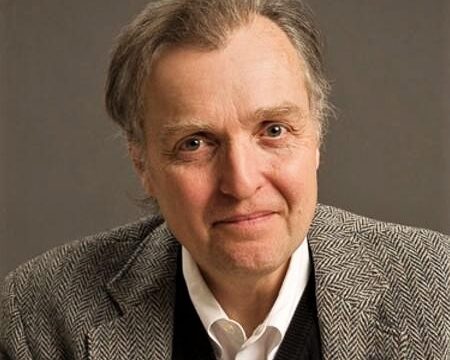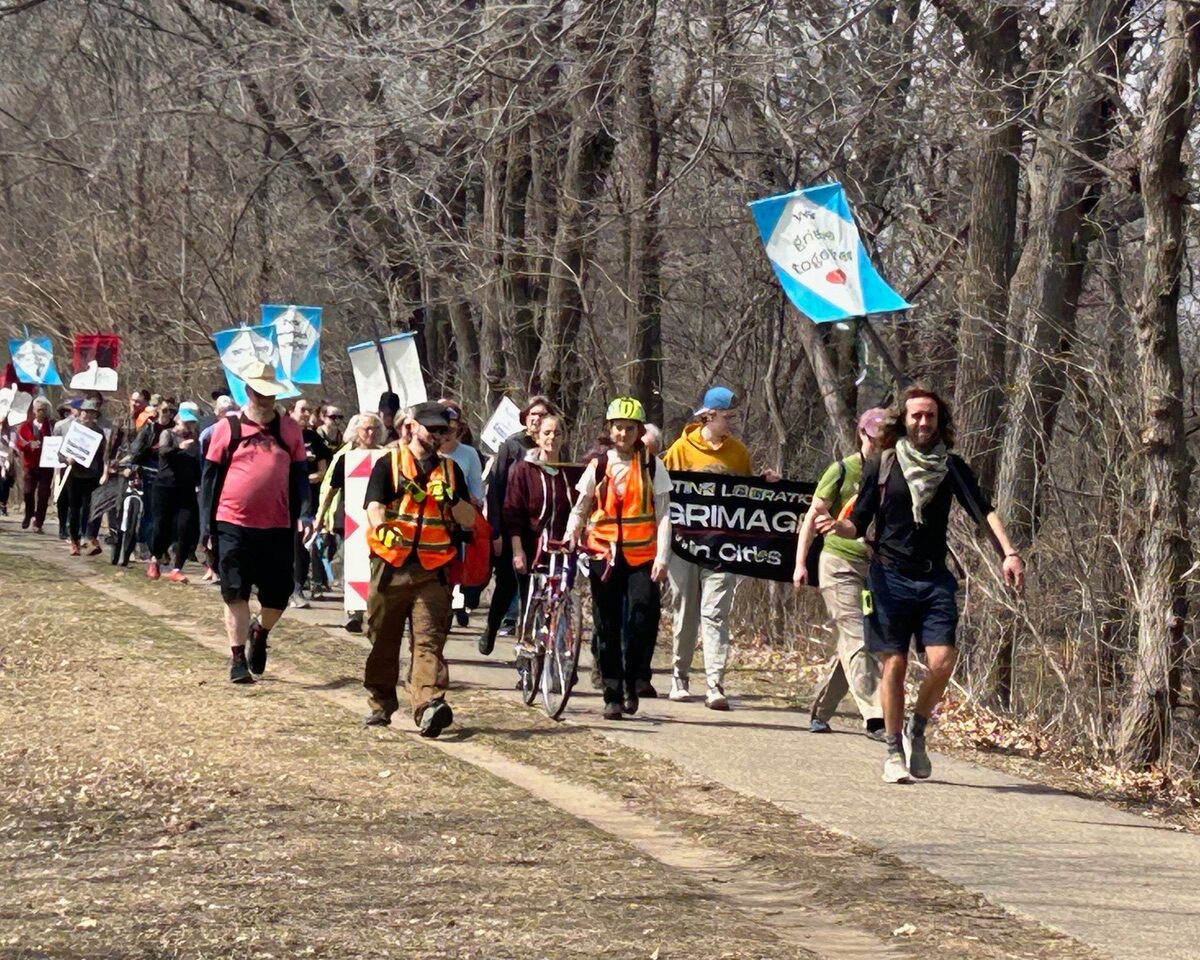Email sent by Chuck Turchick to the new City Council:
Dear City Council Members,
For too long now, I have been urging the Minneapolis City Council to hold public discussions about what lessons were learned by the MPD and by the City from MPD officer-involved killings that resulted in large civil settlements approved unanimously by the Council.
To fill in the seven of you who are new to the Council, I first made this suggestion shortly after Hennepin County District Court Judge Kathryn Quaintance, on June 7, 2019, sentenced Mohamed Noor for the killing of Justine Ruszczyk Damond. She began her sentencing statement with questions about policing in Minneapolis that the jurors told her they felt had not been answered during the trial and concluded: “The jurors and the people of Minneapolis need and deserve answers.”
The next day, I began contacting Minneapolis City officials, requesting that someone in City government respond to those questions. I have written dozens of emails about this since then – to the Mayor, to the Chief of Police, to the Council as a whole, to two different versions of the Public Safety Committee of the Council, and to the Police Conduct Oversight Commission (PCOC). I have also made this request numerous times in person in the Council’s Public Safety and Emergency Management Committee meetings, in PCOC meetings, and in individual meetings with seven Council members and one staff aide who agreed to meet with me.
I began those requests by mentioning only the Damond case, figuring that if the City was unwilling to discuss lessons learned in a case of a white, female 9-1-1 caller when a District Court judge had also raised questions, it surely wouldn’t do so in cases that involved black, male suspects. But I soon began adding several cases where the Council, with no public discussion or explanation, had unanimously approved large civil settlements, namely, the cases of David Smith, Terrance Franklin, and Jamar Clark. When it had a regular public comment agenda item, I began attending every bi-weekly Public Safety Committee meeting, making this request. Later, I began writing weekly emails to that committee, with the same request.
And that was all before the killing of George Floyd. And the Council, the Mayor, the Police Chief, and the PCOC all remained silent. Either there were no lessons to be learned – it certainly is possible that every one of those cases involved totally unique, unrepeatable circumstances – or the City didn’t want to air its dirty laundry about those tragedies in public. But oh were Council members ever ready to dole out millions of dollars of the taxpayers’ money.
The rationale for my request was and is simple: If you want to prevent something from happening in the future, look at what you could learn – or should have learned – from similar incidents in the past. This is not rocket science; it is common sense, something we all do time and again in our personal lives.
After 13 months of urgings, finally, on July 17, 2020, Council Member Cam Gordon asked Chief Arradondo the following:
I also think we had an opportunity, and I think there probably was some internal work that was done on what could we learn from past police-involved killings. And we certainly have had a string of them, and we’ve looked at them carefully, and some of them have gone through trials, and so there’s a lot of information that we got. And I think, as we’re kind of poised, if you will, to re-invent public safety in our city, I think it would be important if we could learn from that. So what did we learn from and what could we learn from past police misconducts, and especially police-involved deaths?
And the Chief responded:
The second piece that you mentioned about, yes, we absolutely need, and as Chief, I have to learn, and make sure our department learns, from any of these officer-involved killings or shootings or what have you. The one more recently that you’re referring to, where there’s a little bit of a time delay, that matter is still being appealed in the District Courts, so we are not able to – typically, we’re able to get all court transcripts to help us in terms of the review – everything from the training perspective, lessons learned – and I’m referring to the Justine Damond Ruszczyk case. So while those appeals are still in place, we are not given access to all those court transcripts, so that is a very key piece – the officers’ testimonies and statements. So the review has been started, but it’s not complete because there’s some vital testimony in transcript from officers and former officers that we need to get. But it’s critically important to learn from those, and so I plan to do that. And also, as much as we can, and I’ll certainly work with our City Attorney’s Office, and make that lessons-learned a more forward-facing document for the public as well.
Gordon replied:
If I could just follow up, I can appreciate that. I think if there’s – so there might be more information we can share from some of the other incidents. And so, I’m not sure when the right time is. I can appreciate we can’t get all that information about more recent police killings. But Thurman Blevins or Travis Jordan, or there might be other lessons that we could learn. So let’s think about when that might be ready, or what level of conversation we could have about it. Because I do think, probably a good practice would be to do some in-depth, kind of after-action reports and look at it kind of like hospitals do mortality reviews whenever anybody dies there. So, anyway, that’s a thought. And I appreciate that the Council President and Chair of the POGO Committee is interested and willing to bring these up through the committee process, which is really where we should discuss them in detail and not here. Thank you.
The Chief was wrong about the availability of that transcript. I emailed the Minnesota Court of Appeals, and, within half an hour, received a response that the transcript had been available since December 2019. Not that the transcript should have been needed at all, since the questions that Judge Quaintance relayed from the jurors dealt with issues they felt had not been answered during the trial.
Since that question from former Council Member Gordon on July 17, 2020, no City Council member has ever raised this issue again in any Council meeting or in any Council committee meeting. For me, that is almost criminal negligence on the part of the Council. Mayor Frey has likewise been silent.
Council President Bender told me that she did schedule a Council study session to discuss lessons learned, but that Council Member Johnson sidetracked the discussion during that session. I looked at the agenda for that alleged lessons-learned study session, and I watched the entire meeting, nothing of the sort was scheduled or happened. The Council President was simply blowing smoke. The Minneapolis City Council has never held such a public discussion.
Gordon’s position was that the Chief should have gotten back to him when he was ready to make such a report to the Council. But that is absurd. Neither Gordon individually nor the Council as a body ever formally requested such a report from the Chief.
And even more absurd is that no City official has ever responded to Judge Quaintance’s statement relaying the jurors’ questions. No City official has publicly told the Judge to mind her own business. No City official has publicly apologized for not answering those questions. No City official has ever acknowledged publicly that those questions even exist. Publicly, when it comes to those questions, City officials have all put their heads in the sand.
After a partially successful appeal, Mohamed Noor was resentenced on Oct. 21, 2021, and Judge Quaintance again mentioned those unanswered questions. And again I wrote the Council and the Mayor. And again they remained silent.
Thoroughly examining past incidents in public does not require any “reimagining” of public safety. In fact, it’s a prerequisite for such reimagining. The Council has access to information the public doesn’t have. The Council knows – or should know – why these cases were settled with huge payouts. The Council knows – or should know – which allegations in every one of those civil complaints were provable in court. The Council is asking for “public engagement” in this reimagining process without giving the public all of the information it needs to inform that engagement. That’s hardly fair, certainly not democratic, and makes the call for public engagement appear to be pro forma, if not disingenuous.
Although I am sending this email to all 13 Council members, it is primarily directed to the seven new members. I am sure the other six feel they’ve heard this from me far too many times. But if no one can explain to me why this would be silly to do, you can expect to continue to hear from me throughout the next two years. Those future emails should be shorter. I needed to lay out all of the facts in this first email to the new Council members.
Good luck during the next two years. I do hope you’re not as negligent as the previous Council.
Yours,
Chuck Turchick






















